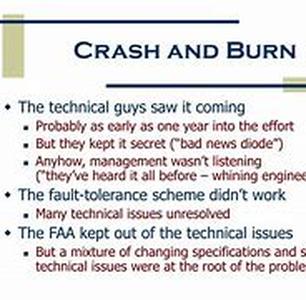
Minimum Investment And Capital Contribution ScheduleMinimum Capital RequirementsChinese Foreign Investment Law Sets Minimum Registered Capital Requirements At 30,000 RMB (about US 4,000) For LLCs, Which Include Joint Ventures And Wholly Foreign Owned Enterprises (in Practice, Higher Amounts Are Generally Needed To Secure Approval), And Minimum Registered Capital Is RMB 5,000,000 (about US600,000) For A Foreign Invested Company Limited By Shares. Note That Industry-specific Regulations May Raise These Requirements For Certain Types Of Businesses In The Insurance And Securities Industries, For Example, Minimum Registered Capital Requirements Are Much Higher.Capital Contribution ScheduleThere Is Currently A Conflict Between The Ministry Of Commerce (MOFCOM) And The State Administration Of Industry Commerce (SAIC) As To Which Law Is Applicable In This Area.SAICs Requirements:20 Of Registered Capital Initially; Remainder To Be Paid Within 2 Years Of The Establishment Date Set Forth On The FIEs Business LicenseMOFCOMs Requirements:Either 15 Of The Total Registered Capital, Or An Amount Equal To The Minimum Capital Requirement (whichever Is Greater) Must Be Contributed Within 90 Days Of The Date That The FIEs Business License Is Issued. The Remainder Must Be Contributed According To The Following Schedule:Total Registered CapitalFull Payment DeadlineUp To US500,000 1 Year From Issuance Of Business LicenseUS500,001 US1 Million1.5 Years From Issuance Of Business LicenseOver US1 Million To US3 Million2 Years From Issuance Of Business LicenseOver US3 Million To US10 Million3 Years From Issuance Of Business LicenseOver US10 Million Up To Examination And Approval AuthorityLump Sum Payments Must Be Made Within 6 Months Of The Issuance Of The FIEs Business License.Industry-specific Regulations May Also Modify The Above Requirements. Both Minimum Investment And Capital Contribution Schedules Are Murky Areas Of Chinese Foreign Investment Law, With Regulations That Seem To Either Contradict Or Supplement Each Other (no One Can Agree Which), Giving The Authorities The Effective Ability To Modify These Requirements At Will. The Safest Approach, Then, Would Be To Comply With Industry-specific Regulations And Then Look To The Company Law Where These Regulations Are Silent.





